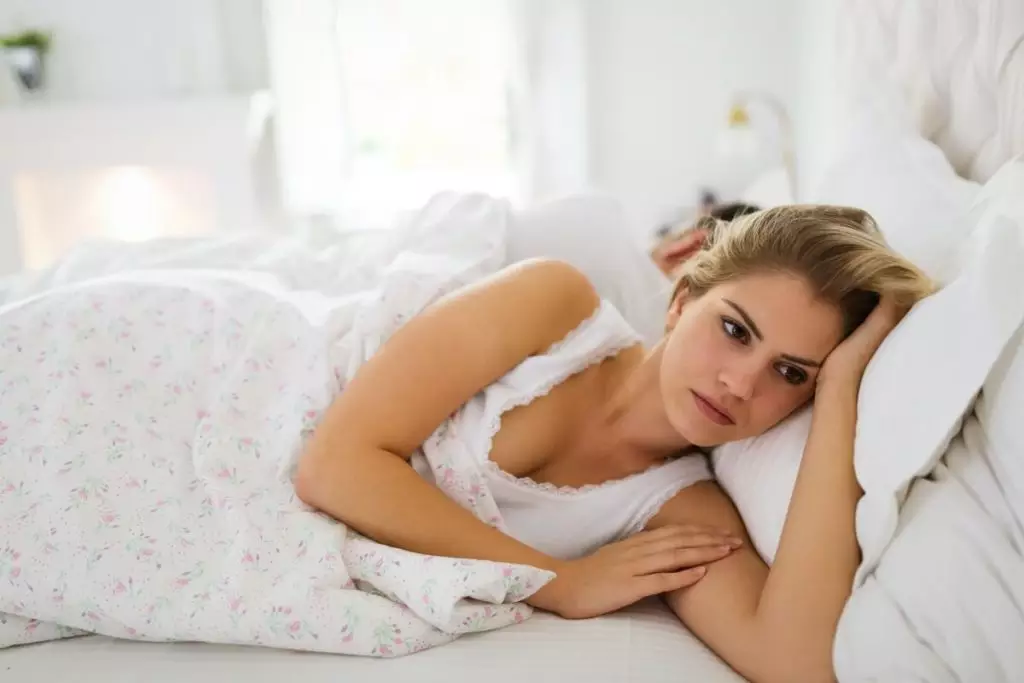Women’s libido is a complex and often misunderstood subject. Understanding the mechanisms that influence desire in women can help improve quality of life and intimate relationships. In this article, we explore different aspects of the female libido to provide a comprehensive overview.
Biological factors in a woman’s libido
Female sex hormones
Female sex hormones play a crucial role in regulating libido. The main players are oestrogen and progesterone. During the menstrual cycle, levels of these hormones fluctuate, which can affect desire.
Ovulation
Ovulation is a key time when libido can increase significantly. This rise in oestrogen levels prepares the body for a possible pregnancy.
The menstrual cycle
The menstrual cycle also has a significant influence on libido. Many women report a variation in desire over the month, often higher just before ovulation and lower during menstruation.
The menopause
As the menopause approaches, oestrogen production declines, which can lead to a drop in libido. However, this period can vary from woman to woman, with some experiencing an increase in desire after the menopause.
Psychological factors affecting a woman’s libido
Stress
Stress, well known to be an enemy of the libido, causes the brain to produce cortisol, a hormone that can reduce sexual desire.
Emotional shock
An emotional shock such as a loss or separation can also affect libido. These events can generate sadness or anxiety, having a negative impact on desire.
Mental health
Conditions such as depression and anxiety often have an inhibiting effect on libido. So taking care of your mental health is essential to maintaining a fulfilling sex life.
- Relaxing practices such as yoga and meditation can help reduce stress.
- Cognitive behavioural therapies (CBT) are effective for managing anxiety and depression.
- Good communication with your partner helps you to overcome emotional obstacles together.
Social and relational factors in a woman’s libido
Life as a couple
The quality of a couple’s relationship has a direct impact on a woman’s libido. Trust, communication and emotional intimacy are essential elements in fostering sexual desire.
Social expectations
Social norms and cultural expectations can also play a role in the perception of libido. For example, certain taboos around female sexuality can suppress desire.
Body image
Self-esteem and the perception of one’s own body also influence libido. A positive body image is often associated with a better sexual experience.
The impact of pregnancy and breastfeeding
Hormonal changes during pregnancy
During pregnancy, oestrogen and progesterone levels rise considerably, which can have varying effects on libido. Some women experience a sharp rise in desire, while others experience the opposite effect.
After birth and breastfeeding
After giving birth, many women go through a period of adjustment due to new responsibilities and fatigue, which can affect libido. Breastfeeding leads to high levels of prolactin, a hormone that can reduce sexual desire.
- Emotional support and help with day-to-day tasks can help to restore post-natal libido.
- Medical advice is recommended if the drop in libido persists, so that appropriate solutions can be explored.
Treatments to stimulate a woman’s libido
Hormonal therapies
For women whose low libido is due to a hormonal imbalance, hormonal therapies can be considered. These therapies are tailored to each individual’s hormonal profile.
Aromatherapy and food supplements
Aromatherapy and certain food supplements such as ginseng or maca are sometimes used to improve desire. They work by stimulating certain neurotransmitters associated with libido.
- Ylang-ylang essential oil is often used for its aphrodisiac properties.
- Supplements such as tribulus terrestris can also help stimulate desire.





